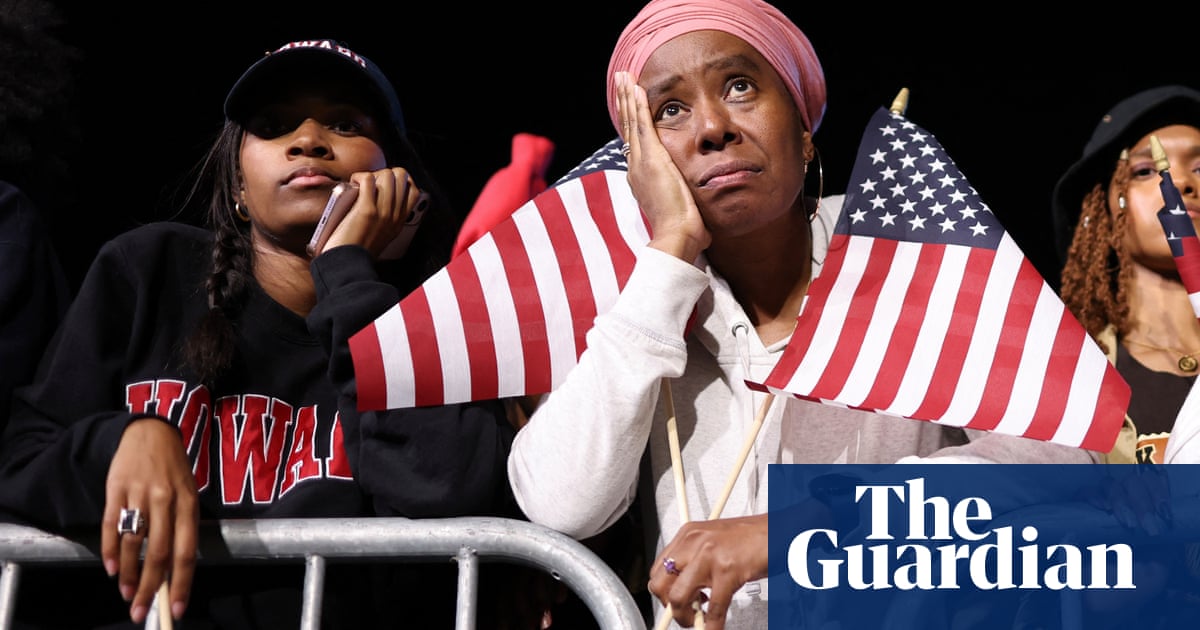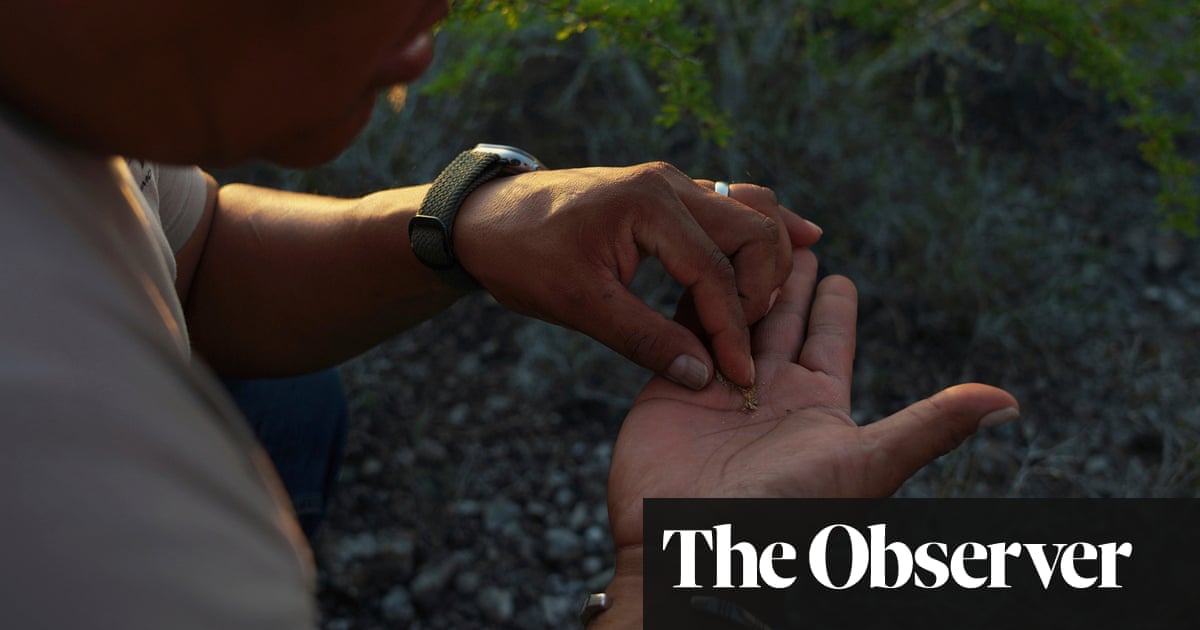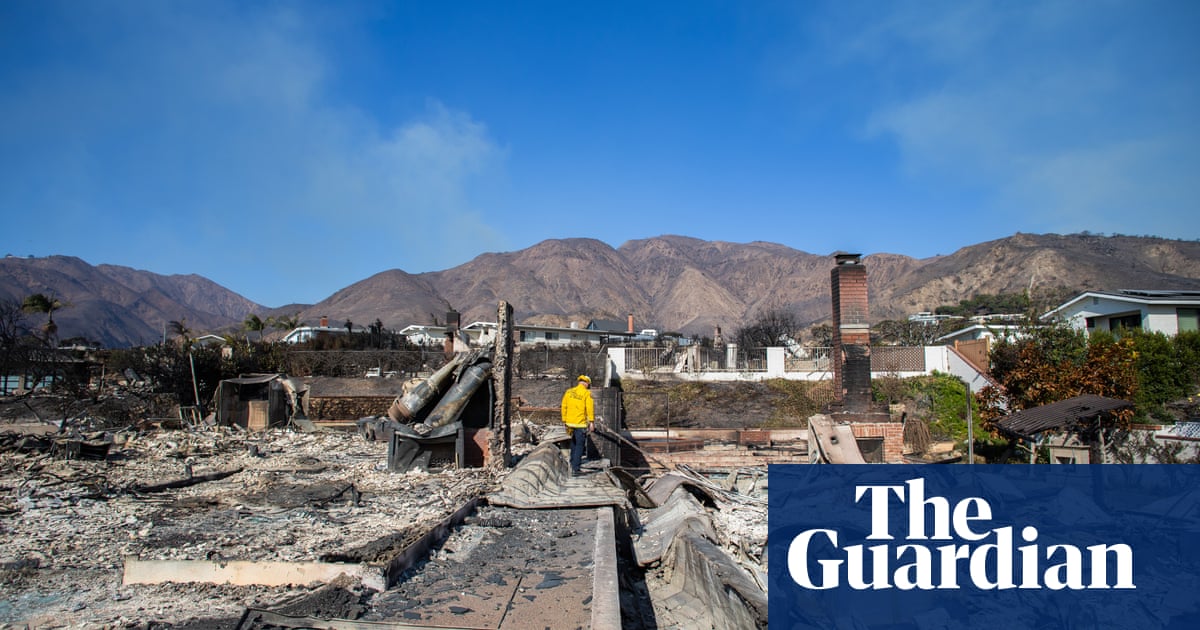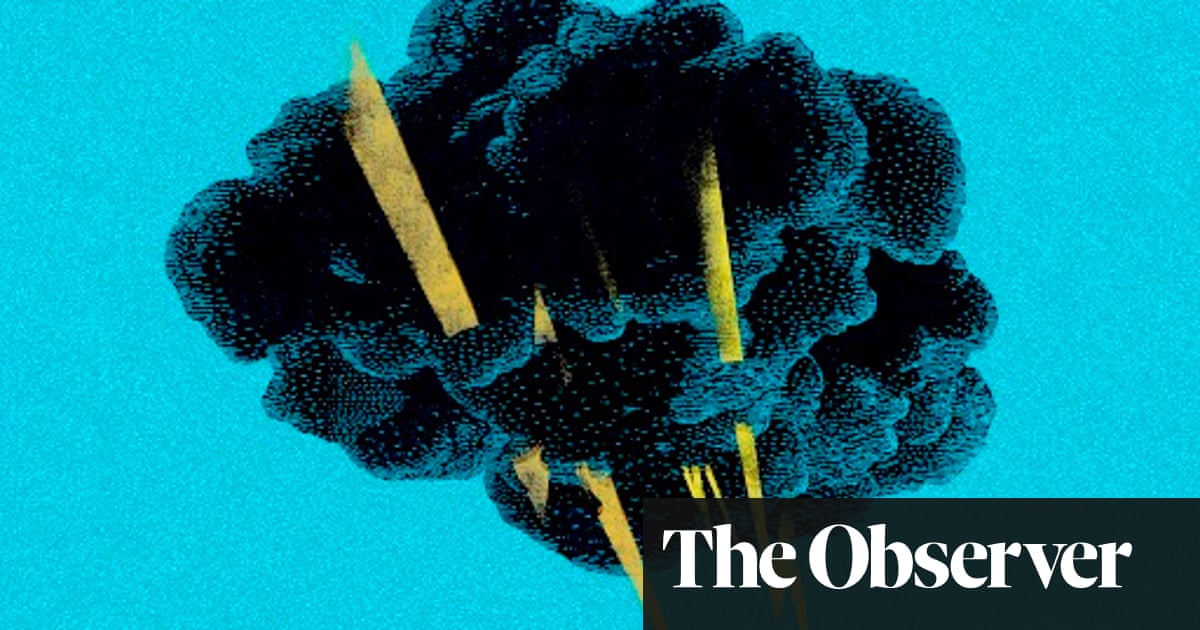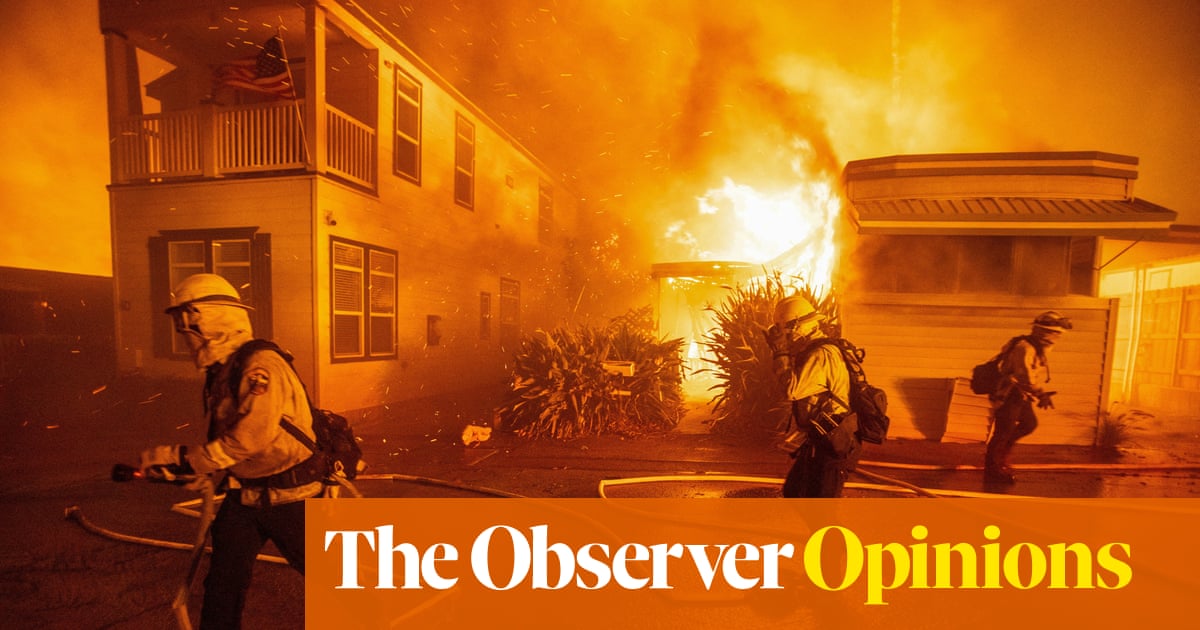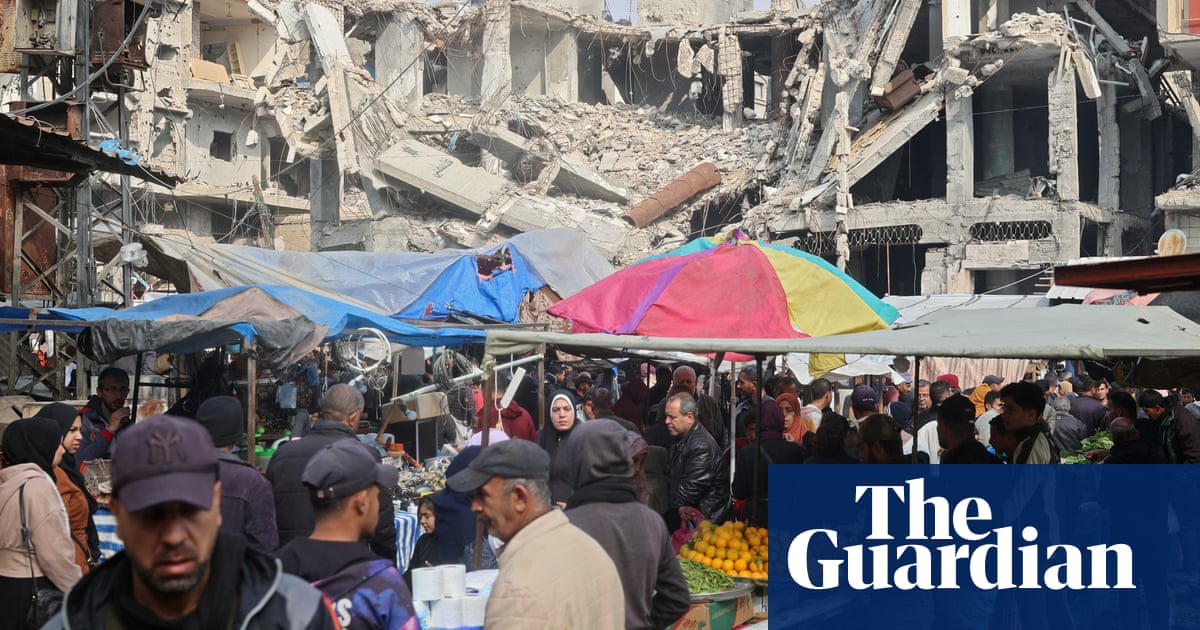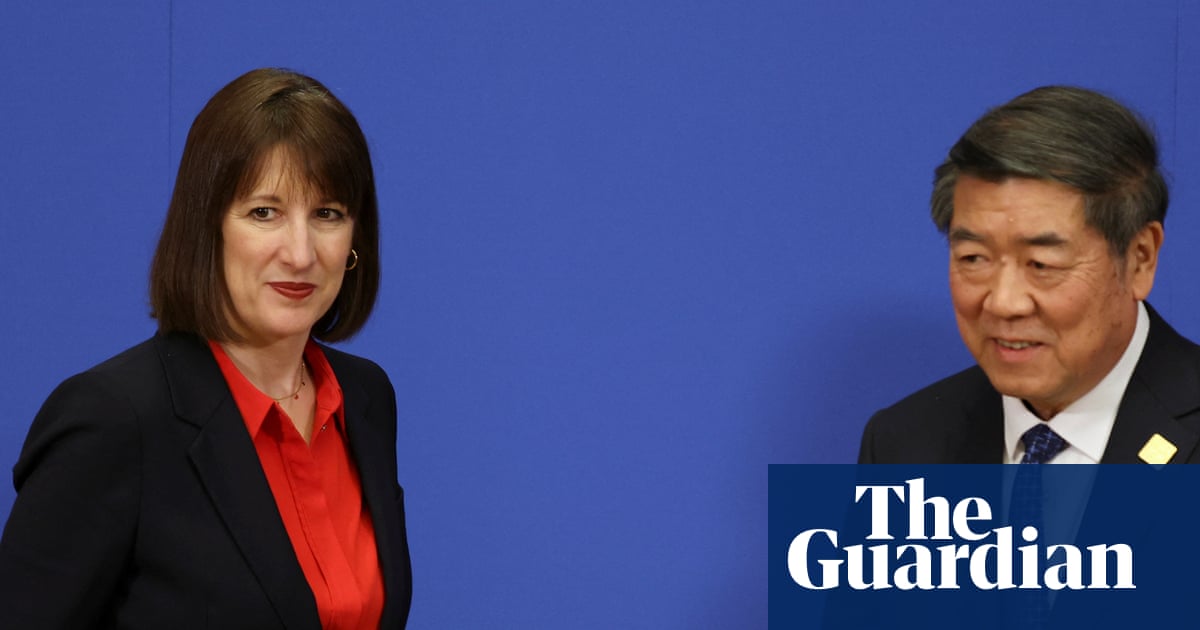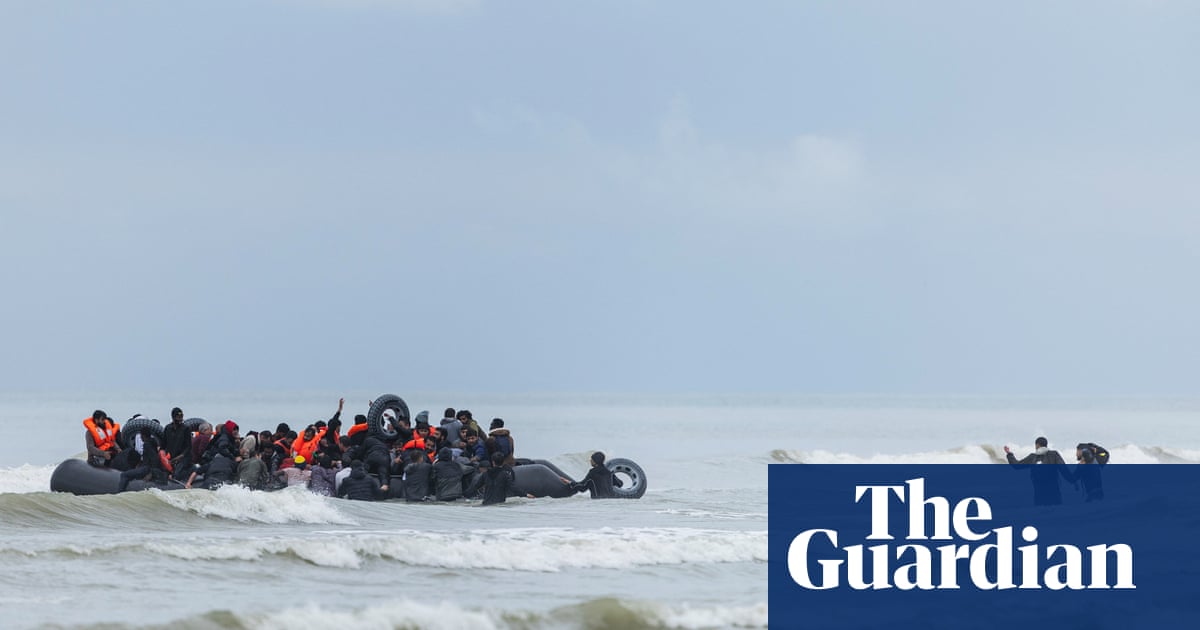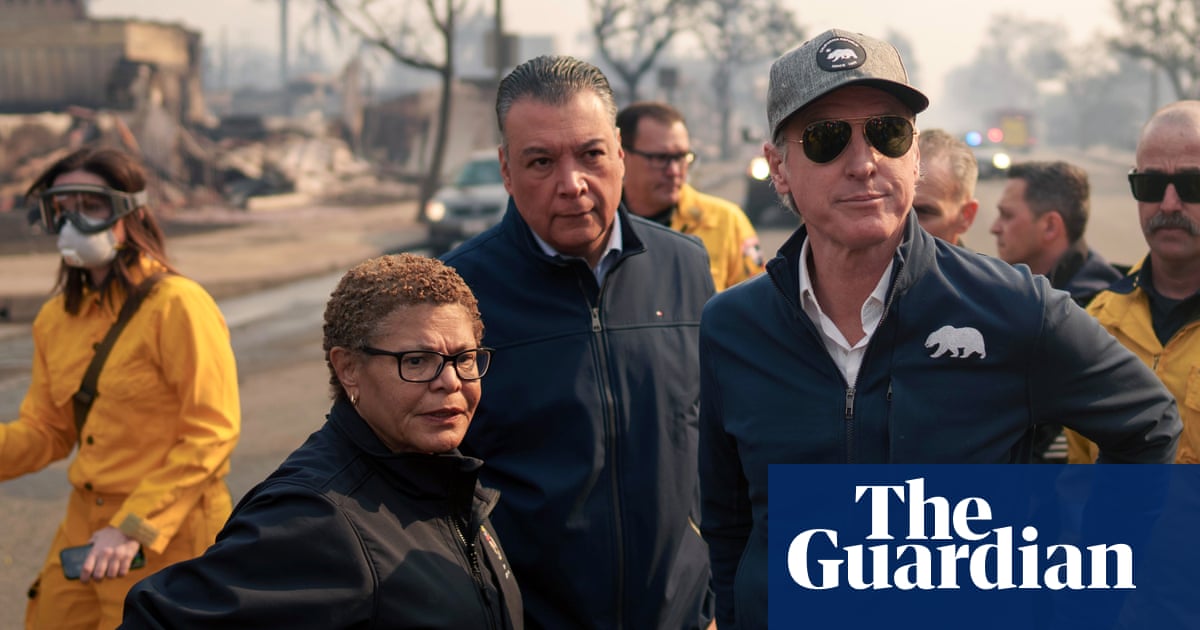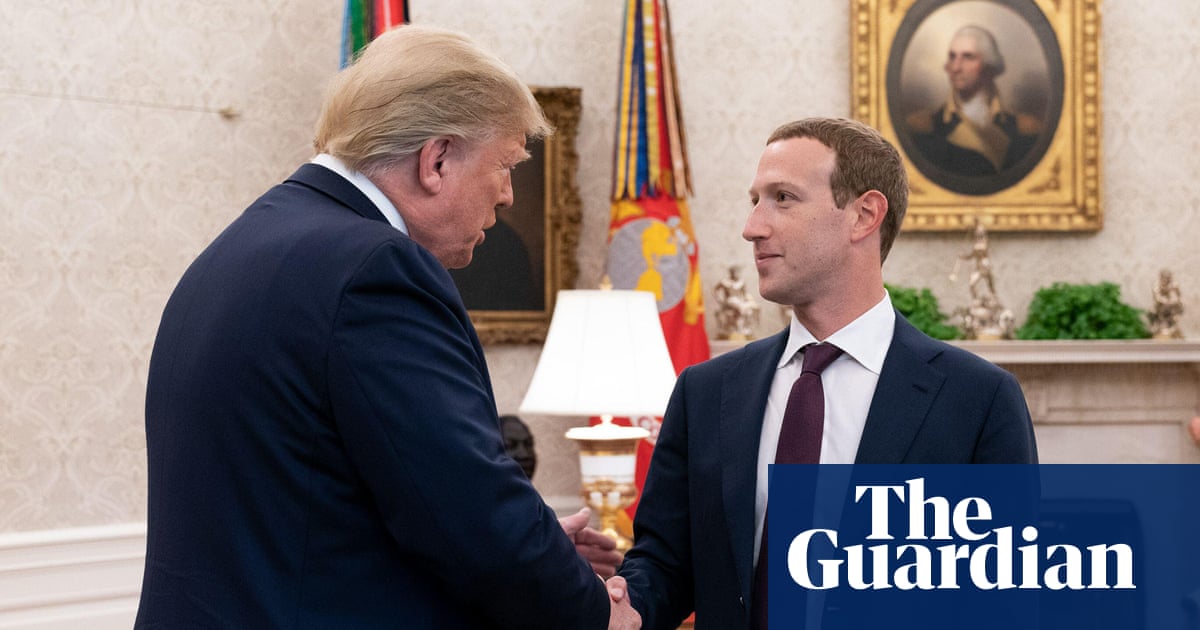The fall of the Assad regime marks the end of a big chapter in Russia’s presence in the Middle East. However, this does not mean that Moscow is about to withdraw from the region. Its decision not to fight for Bashar al-Assad’s regime – instead airlifting him to Moscow, where he seems set to remain for now – looks more like an attempt to strengthen its presence in the Middle East by getting rid of a toxic asset.
In 2015, the deployment of Russian forces in Syria to support the Assad regime was a milestone in the history of Russian ties with the Middle East. By doing this, Moscow loudly declared its return to Middle Eastern politics, where its presence had been extremely weakened after the collapse of the USSR. For the first time since 1991, Moscow conducted a major military operation in the region. It not only saved the friendly regime from inevitable collapse, but demonstrated its readiness to play an active role in shaping the regional processes beyond Syria. In a sense, the Syrian experience became a necessary prologue to Moscow’s more active intervention in Libya, Sudan and sub-Saharan Africa.
The 2010-2012 Arab spring almost led to the complete loss of all of Moscow’s remaining partners in the region that it had inherited from the USSR. The Syrian operation, on the contrary, not only kept the pro-Moscow Damascus regime in power and strengthened Russia’s ties with Iran, but also forced other Middle Eastern countries to consider Russia as an important player. Thus, the Russian military presence in Syria became one of the factors that led to the intensification of Moscow’s dialogue with the Arab monarchies of the Gulf and created another item on the agenda of Moscow’s relations with Egypt, Iraq and Turkey.
Since the military intervention, Russia has actively positioned itself as a guarantor of stability and protection for loyal (usually dictatorial) regimes from external and internal threats. Moreover, the Moscow propaganda machine has always drawn parallels between Assad and the fate of Hosni Mubarak in Egypt, arguing that Moscow is a far better and more reliable backer than the US.
As for the US and the west in a broader sense, Moscow’s actions created another channel of communication to counterbalance the active curtailment of contact after the annexation of Crimea in 2014. The Kremlin’s message was simple: like it or not, Russia is an important player and the west has to talk to it at least to create mechanisms for the evasion of accidental clashes between Russian and US forces in Syria.
Finally, the Kremlin also counted on the fact that its efforts, as well as the efforts of Russian oligarchs such as Yevgeny Prigozhin, to save Assad would sooner or later be rewarded with access to a piece of the Syrian “economic pie”. Assad’s fall, however, crossed out these plans for ever.
Shortly after the beginning of the opposition offensive on Aleppo in November 2024, Russia clearly and deliberately decided not to save Assad. Analysts tend to explain this by pointing to Moscow’s war in Ukraine, which did not allow Russia to react in a timely and proper way to the new offensive by the Syrian opposition forces. This was not only about a dwindling number of soldiers, but also a decline in quality: Syria had turned into a kind of cesspool for Russia’s senior military ranks who had fallen out of grace in Moscow and those officers who wanted to escape the war in Ukraine. The main allies of Russia and Assad – Iran and its proxies – have also been weakened by Tehran’s confrontation with Israel.
While these statements are mostly correct, they overlook another important factor: by 2024, Syria had transformed from an opportunity into an economic and political liability for Russia. Syria had lost its importance as an asset to project influence in the region. Within eight years of Russia’s intervention, a host of new – more important – factors shaping the Kremlin’s relations with the region emerged. These include Russia’s role within Opec, increased trade and intense diplomacy. Syria also lost its former significance as an element of communication with the west: the war in Ukraine both led to a reduction in contacts and became the main topic of discussion with Russia.
The war economy created by Assad turned out to be such a toxic environment that even Russian businessmen accustomed to many challenges could not do business in it. At the same time, Assad’s political stubbornness, his refusal to compromise with domestic opposition and regional neighbours, and the constant balancing act between Moscow and Tehran, made his regime a difficult partner.
Meanwhile, the Syrian economy, largely driven by the illegal drug trade and corruption schemes, began to show increasing signs of impending collapse. Despair among the population, demotivation in the army and cynicism among the intelligence services reached a nadir, turning the regime into a “hollow” state deprived of a solid support base.
By December this year, Russia was faced with a choice: to repeat the fate of the USSR in Afghanistan and take full financial, economic and military responsibility for Assad’s Syria (hardly possible given Russia’s war efforts in Ukraine), or take a step back. The choice was made in favour of the second option: Assad’s fall, no matter how painful it may seem, opened up an opportunity for Moscow to exit the protracted conflict, which was becoming less and less profitable.
The Kremlin will have to forget about any return on the efforts invested in Syria, but it may well try to retain its military bases in the country. The new Syrian authorities have made it quite clear that they are ready to talk to the Kremlin and are in no hurry to expel its military from their territory. On a regional scale, as already noted, the agenda of Moscow’s relations with the region has become so broad that the loss of Syria, although it may be annoying, is far from being a determining factor on the strength of its presence in the region.
-
Nikolay Kozhanov is a research associate professor at the Gulf Studies Center of Qatar University and a non-resident fellow at the Russia and Eurasia Programme of Chatham House

.png) 3 weeks ago
12
3 weeks ago
12


